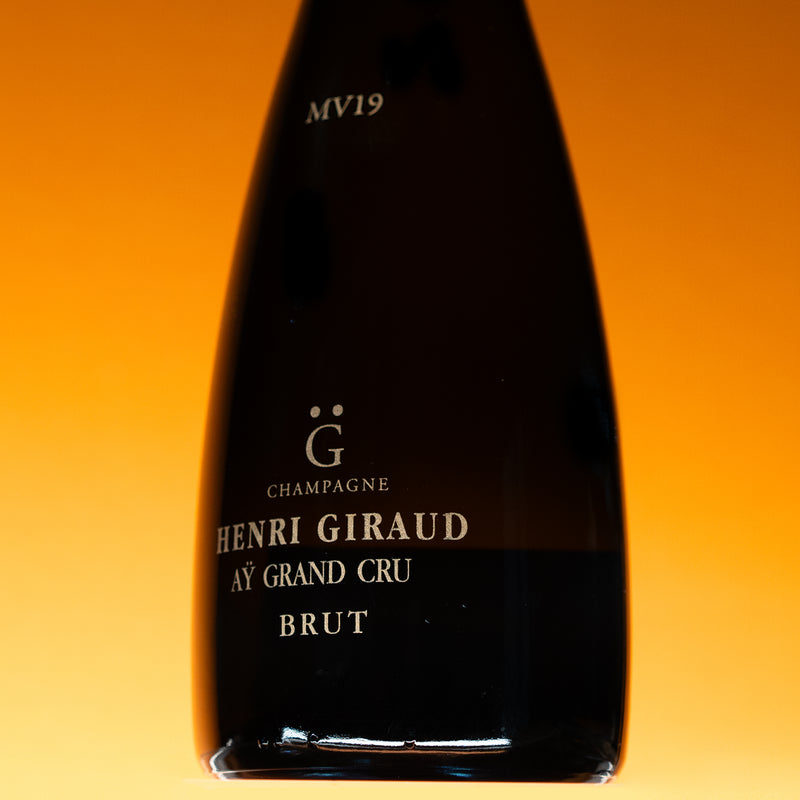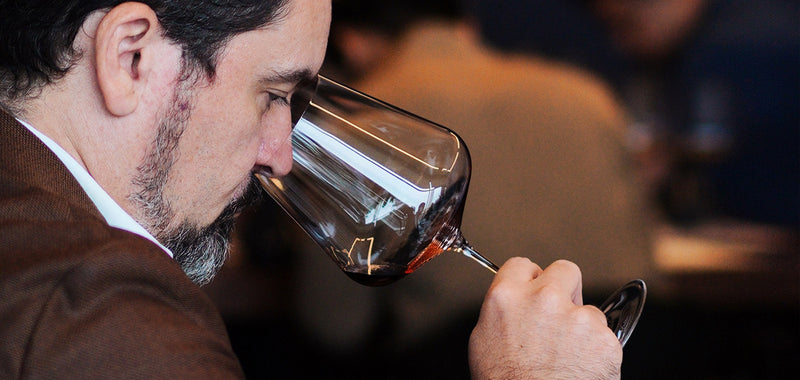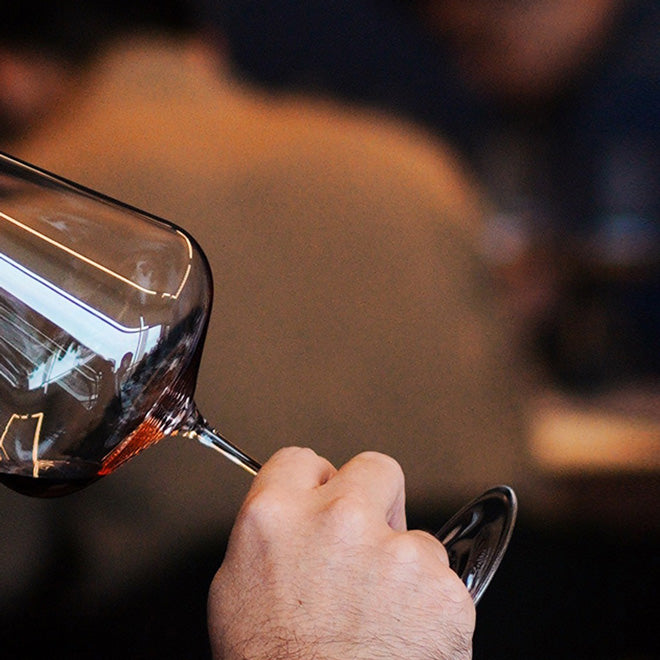
Just as how you never really own a Patek Philippe, no family member of Couvent des Jacobins actually owns the estate. “Each generation has to add something to the estate,” says Xavier Jean. “Nothing belongs to you. You look after the estate for the next generation.” As the fourth-generation owner of Couvent des Jacobins, Jean is looking to add his bit to the family legacy. He shares: “One of my objectives is to keep our estate family-owned without succumbing to selling it.”

Staying relevant is key, and he strikes a fine balance between the old and new. “It’s not about being better than other wineries; you have to highlight your differences,” says Jean.

Take the rich history of Couvent des Jacobins. The 700-year-old estate wasonce a monastery where monks turned Merlot grapes into mellow wines. The Jean family has gone to great lengths to keep this history alive. “You don’t feel you are in one of these gigantic estates with golden doors and modern architecture when you visit the estate,” says Jean.
But Jean is also aware of the need to keep up with the times by making the switch to produce organic wines.
“I think there is more awareness in the world that whatever has been done in the past 50 years cannot continue,” says Jean. As consumers become more environmentally-conscious, wine-makers are shifting towards more sustainable wine practices.

At Couvent des Jacobins, the winery grows three main types of grapes — Merlot, Cabernet Franc and Petit Verdot. The wines from the three varietals are aged separately in oak barrels, as the estate has 14 different plots of soil. The wines pair well with meat dishes, which is why the Couvent des Jacobins is a firm favourite at a plethora of fine dining restaurants across Singapore where classics like beef tartare and pigeon are enjoyed by an educated and elevated clientel.
“Each plot has to be harvested at the right time, and in a different way. We have to be careful how we mix the wines and blend them together. There is no one-size-fits-all for us,” says Jean. The estate also does not use pesticides or chemicals to treat the soil. “Some years it’s a lot of risk. If the plants catch a disease, and you are using chemicals, the crop can still be preserved, “says Jean. Being organic means having to do more research on when is the optimal harvest time, how you age this wine and what kind of oak you use, so the wine doesn’t lose too much of its personality.
It’s a big decision that the whole family had to agree on. “Going organic is a step that is so time-consuming and difficult. It might be easier if we had one single plot, but we have 14 different plots of land, and that takes a lot of time to change,” he says. Though Jean acknowledges that both organic and non-organic wines can be similar in taste and quality, he feels going the organic route is about a belief that the earth has a problem that needs to be addressed. “This move is also for my children and grandchildren,” says Jean. “I don’t want them to fall into irrelevance because their father didn’t make decisions that had to be made at that time.






.jpg?v=1759456995732)
.jpg?v=1730428338702)